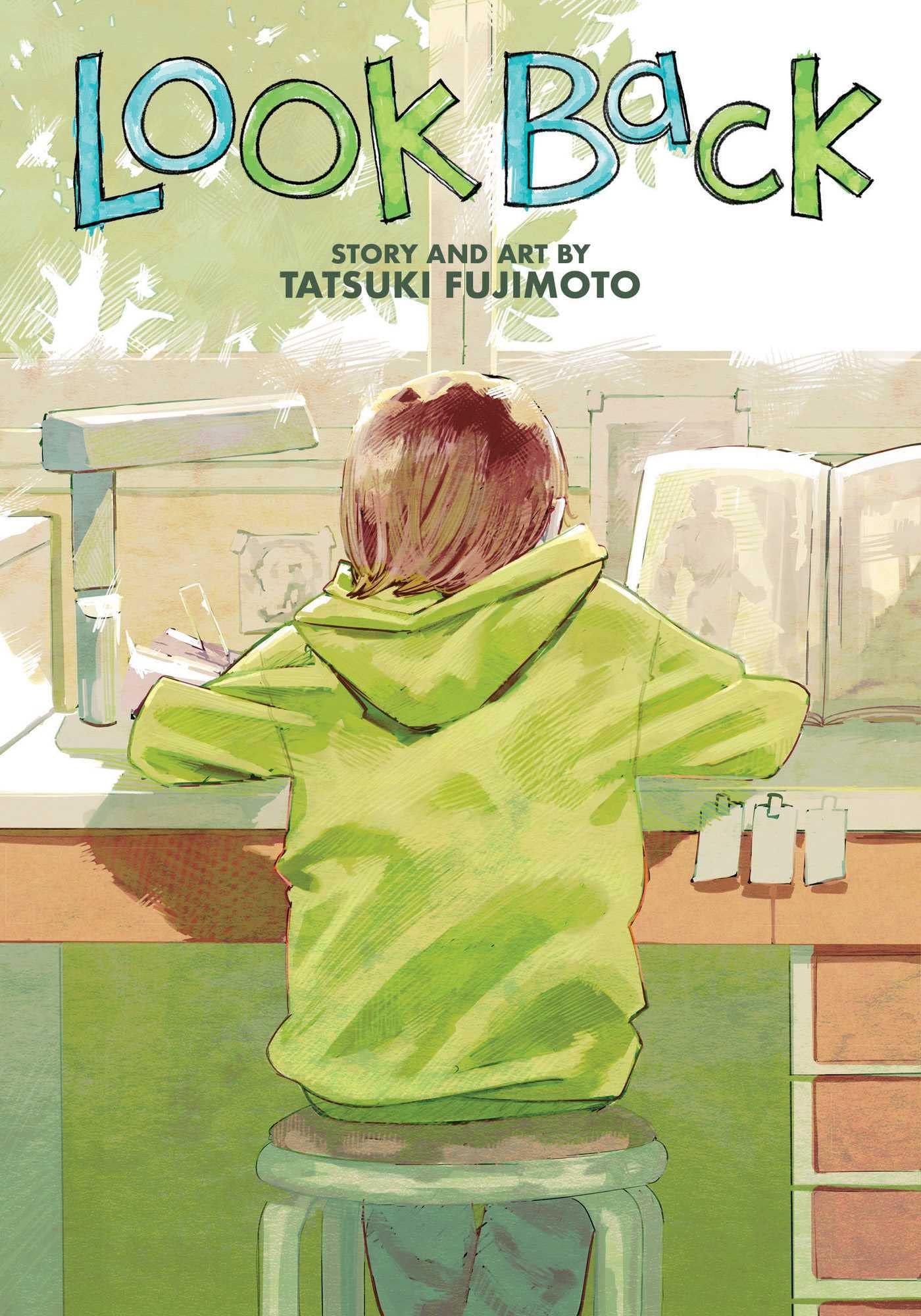Look Back: An Artistic Journey Through Rivalry and Friendship
As someone who has often found solace in the pages of manga, exploring the artistic struggles of characters like Fujino and Kyomoto in Tatsuki Fujimoto’s Look Back felt like a deeply personal journey. I was immediately drawn to the premise of two high schoolers navigating their dreams in the world of manga, each grappling with their unique talents and insecurities. Little did I know that this comic would take me on an emotional rollercoaster, ultimately prompting me to reflect on the power of storytelling itself.
At its heart, Look Back beautifully captures the essence of rivalry and friendship. Fujino, a talented artist, suddenly finds herself challenged by Kyomoto, a reclusive classmate whose exceptional skills are revealed through a mysterious strip that appears alongside her own in the school paper. This unexpected competition ignites a spark between them, leading to growth, mentorship, and an eventual camaraderie. What struck me most was the authenticity of their artistic journeys; both characters grappled not only with technique but also with their identities as aspiring mangaka.
Fujimoto’s writing style is minimalistic yet evocative, relying heavily on imagery to propel the narrative forward. I appreciated how he lets the art speak for itself, allowing readers to immerse themselves in the characters’ emotional landscapes. That being said, the pacing in the second half of the story veers into impressionistic territory, leaving me questioning the clarity of the events unfolding. I found myself re-reading passages, trying to piece together the intentions behind some emotionally charged moments. While I usually embrace ambiguous endings, this one left me with unanswered questions about the nature of creation—what does it mean when art truly connects, and can it alter the course of lives?
The character designs were my primary critique; Fujino and Kyomoto, despite their narrative complexities, bore enough resemblance that I struggled to differentiate them after certain time jumps. Different hairstyles felt like a flimsy solution in a comic that elegantly navigates the intricacies of emotion and artistry. I wished for more distinct features to enhance their individuality, especially given the depth of character that Fujimoto imbued in their personalities.
As the story shifts into more sentimental territory, it’s clear why Look Back has resonated so broadly in Japan. The themes of creation leading to both joy and despair provide ample fuel for discussion. It paints a two-sided picture—manga can foster friendships and ignite passions, but it can also lead to isolation and loss, echoing Fujimoto’s own complexities as a mangaka. The final question—“Then why do you draw?”—lingers long after the last page, resonating with anyone who has ever grappled with their creative purpose.
For readers who appreciate the emotional weight of slice-of-life manga infused with artistry, Look Back is worth exploring. While it has its flaws, the originality and thoughtfulness shine through. It left me questioning my own creative motivations, rekindling my love for the medium. If you enjoy stories that reflect on artistry and the human condition, you’ll find a compelling read here. Ultimately, Look Back is more than a comic; it’s a poignant meditation on the paths we take in pursuit of our passions, and perhaps it’s an essential reminder: sometimes, a single cartoon strip can indeed hold the power to change lives.







